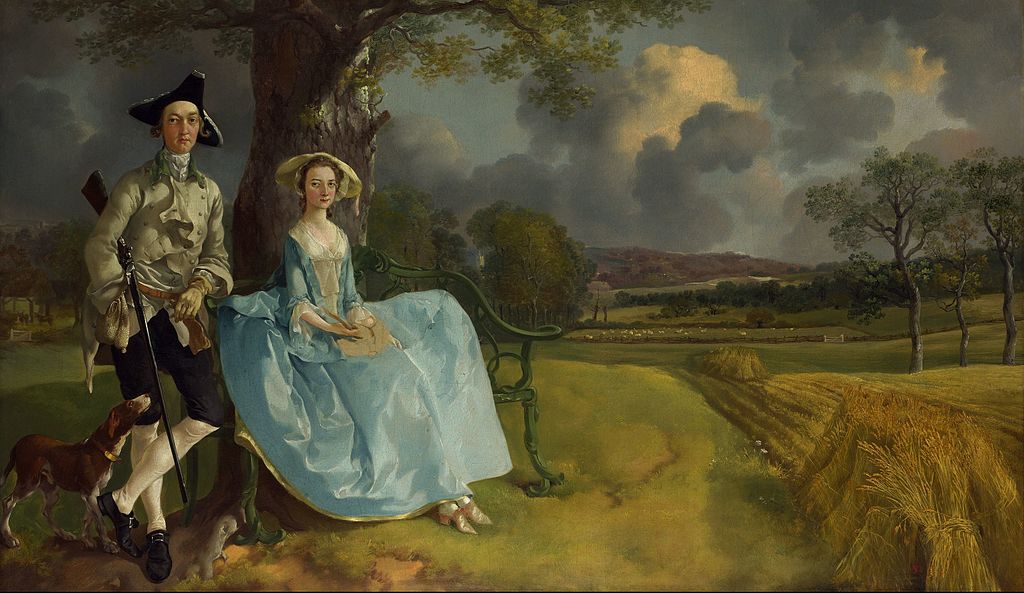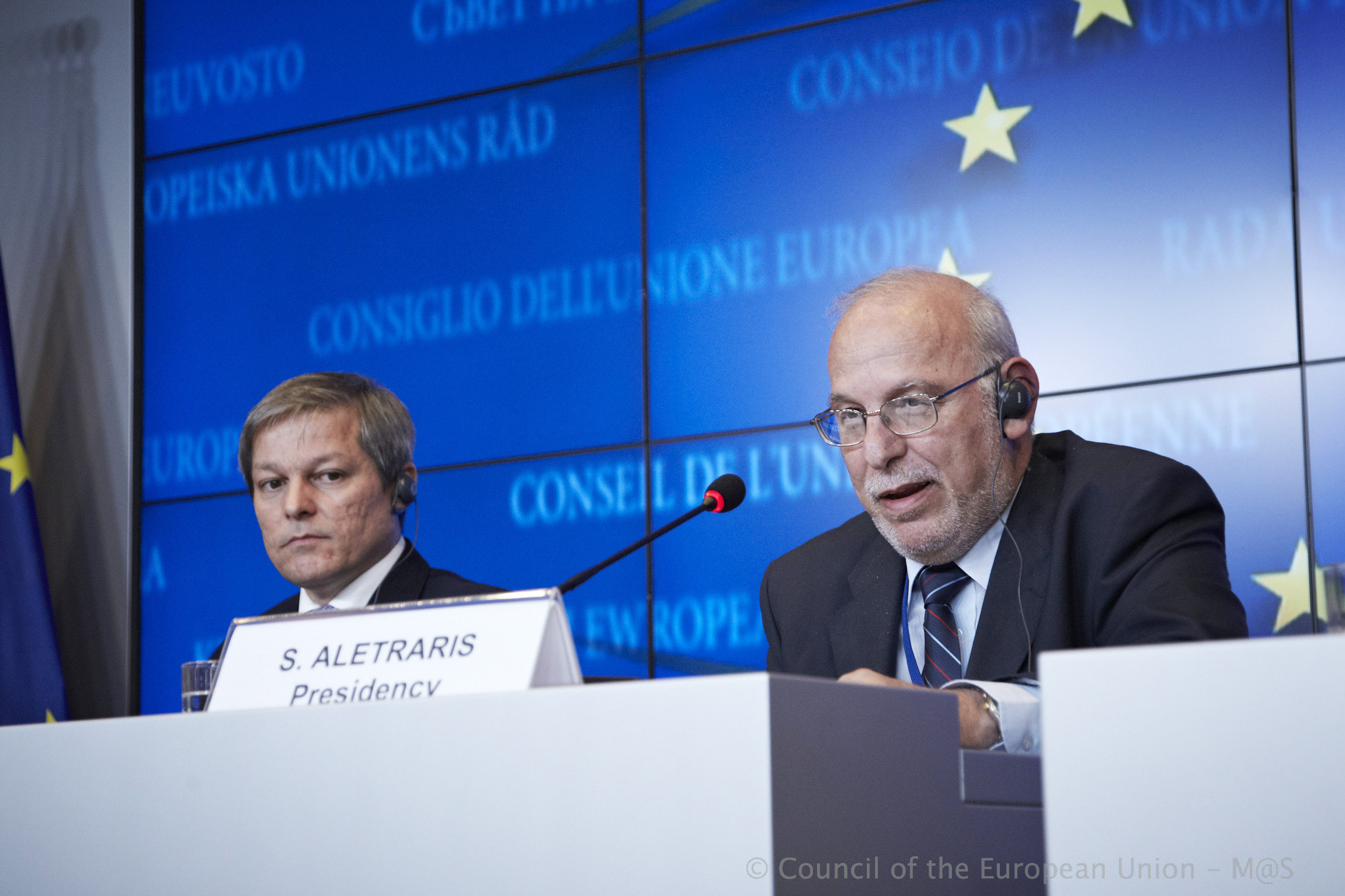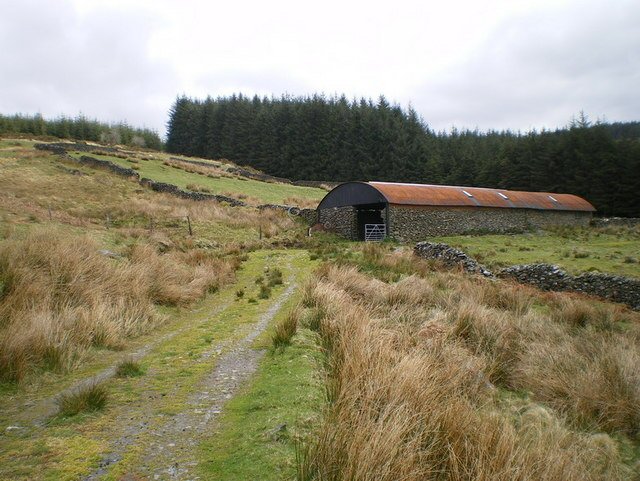Six years ago, I wrote a post The greying of Europe’s farmers which reviewed the evidence on the ageing of farm operators up to that point in time (the latest data available referred to 2007). The data confirmed that Europe’s farmers were getting older. However, I questioned whether this was evidence of a growing policy problem. Instead, I suggested “that what we observe is a slow upward shift in the age distribution which can be explained by general social trends (longer schooling periods and longer longevity) rather than any specific worsening of the generational transfer problem in agriculture as such.”… Read the rest
Wasting money on young farmers?
This post first appeared in the IIEA EnvironmentNexus blog.
One of the issues on the CAP reform agenda discussed at the last Agricultural Council meeting was whether the proposed young farmers’ payment in Pillar 1 should be a voluntary option for member states or not. The Council is arguing for a voluntary payment. Both the Commission and Parliament argue, on the contrary, that the payment should be mandatory.
Making this a mandatory payment could imply a three- to four-fold increase in CAP expenditure on young farmers. One might assume that such a substantial increase in expenditure would be justified by well-founded evidence of substantial gains in either generational renewal or farm productivity.… Read the rest
Strengthening the role of young farmers in the future CAP
The European Council of Young Farmers (CEJA) has recently launched a campaign “Future Food Farmers” to raise public awareness of the impending age crisis in European agriculture. The aim of the campaign is to achieve progress on generational renewal in the agricultural sector in the future CAP.
The issue is highly relevant these days as only 6% of agricultural holders in the EU are below the age of 35, while one third are over 65. However, Member States show a great diversity in this issue as Poland has the highest share of young farmers in Europe (12%), while Portugal has the lowest (2%), according to Eurostat data.… Read the rest
The nitty-gritty of CAP reform: the case of new entrants
David Barnes is the Scottish Government’s Deputy Director for Agriculture and Rural Development. He sits with his Minister around the Council of Agricultural Ministers’ table as the negotiations on the shape of the CAP2020 take place and, more interestingly, he blogs about it. His blog gives an insider’s view and a personal perspective on what is going on during the course of the negotiations.
Not surprisingly, his posts give some fascinating insights into the process.
The complexity of the CAP 2020 fineprint was demonstrated in one of his recent posts which addressed issues for new entrants that might arise under the Commission’s proposal for the allocation of entitlements under a new direct payments scheme.… Read the rest
October Agricultural Council continues CAP debate
Agricultural Ministers continued to grind through their discussions on CAP2020 issues under the Cypriot Presidency at the Agricultural Council meeting on 22 and 23 October earlier this week. Three issues were on the agenda: internal convergence, support for young farmers in Pillar 1, and a strengthened role for producer organisations. The background note prepared by the Presidency is here, and the conclusions of the meeting are reported here. The discussions took place on the basis of two questionnaires circulated by the Presidency on internal convergence and young farmers, respectively.
Internal convergence
Many member states applying the Single Payment Scheme (SPS) have voiced concerns about the difficulties in achieving a uniform level of distribution of direct support at national or regional level (internal convergence) by 2019.… Read the rest
The greying of Europe’s farmers
Problems in the generational transfer of farms have been a focus of EU agricultural structures policy since the 1990s and in individual member states for an even longer period. Europe’s farmers are getting older, and the shortage of ‘new blood’ entering the industry is frequently seen as a problem requiring a policy response to correct.
The ageing of the agricultural population results from a combination of two things: a reduced rate of entry by new young recruits, and a reduced rate of retirement or exit by older farmers. This is taking place in the context of a long term reduction in the agricultural labour force in EU countries.… Read the rest
The greying of Europe's farmers
Problems in the generational transfer of farms have been a focus of EU agricultural structures policy since the 1990s and in individual member states for an even longer period. Europe’s farmers are getting older, and the shortage of ‘new blood’ entering the industry is frequently seen as a problem requiring a policy response to correct.
The ageing of the agricultural population results from a combination of two things: a reduced rate of entry by new young recruits, and a reduced rate of retirement or exit by older farmers. This is taking place in the context of a long term reduction in the agricultural labour force in EU countries.… Read the rest
Why farm subsidies are bad for young farmers
Today, in Brussels, the Commission is hosting a special day for European young farmers. The day is being billed as part of the consultation in the run-up to the CAP health check, after which this blog is named. What is unlikely to be discussed at the meeting are the very real reasons why the current system of farm subsidies are overwhelmingly bad for young farmers and new farmers seeking to make a start in agriculture in the European Union.… Read the rest




